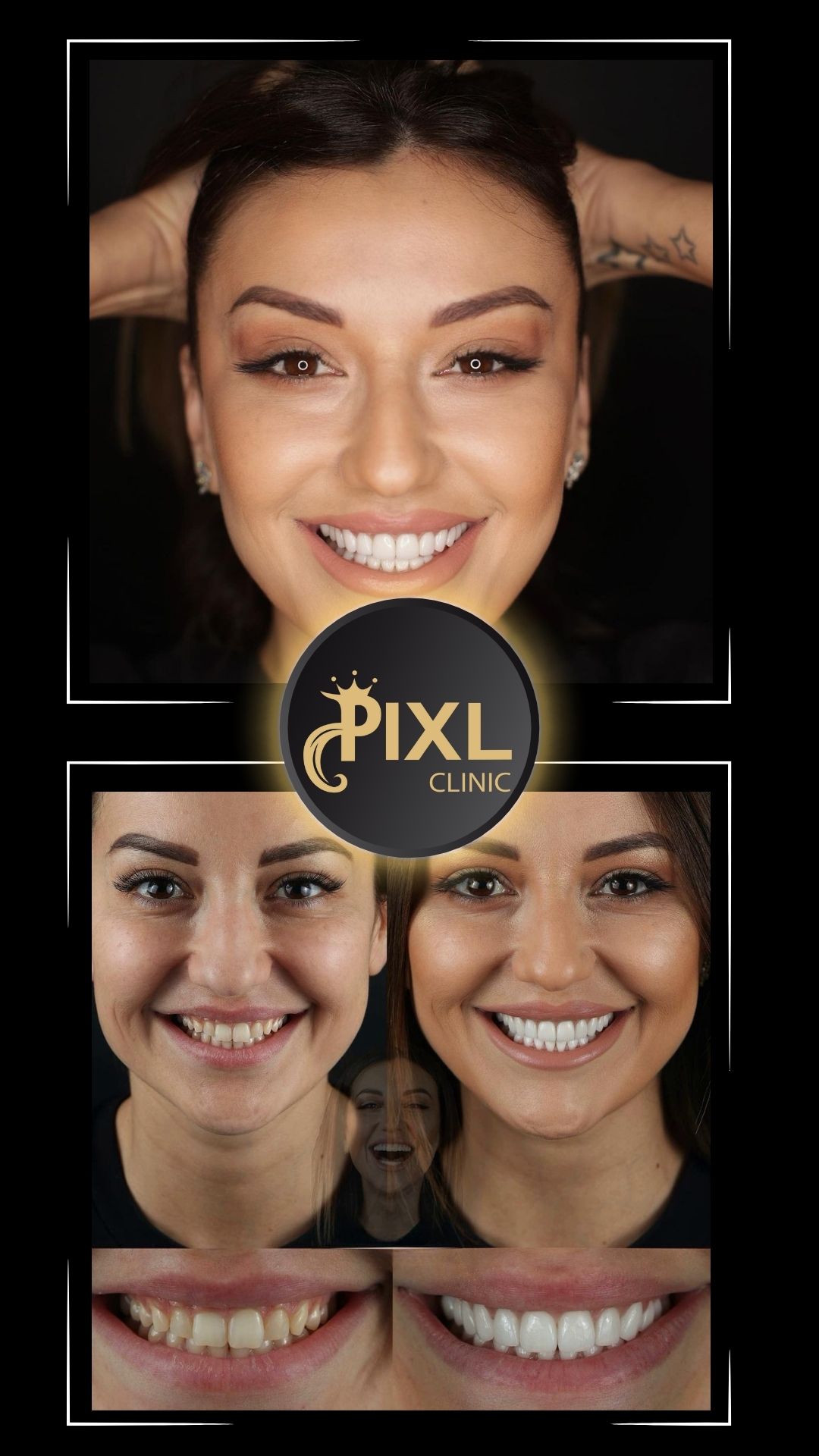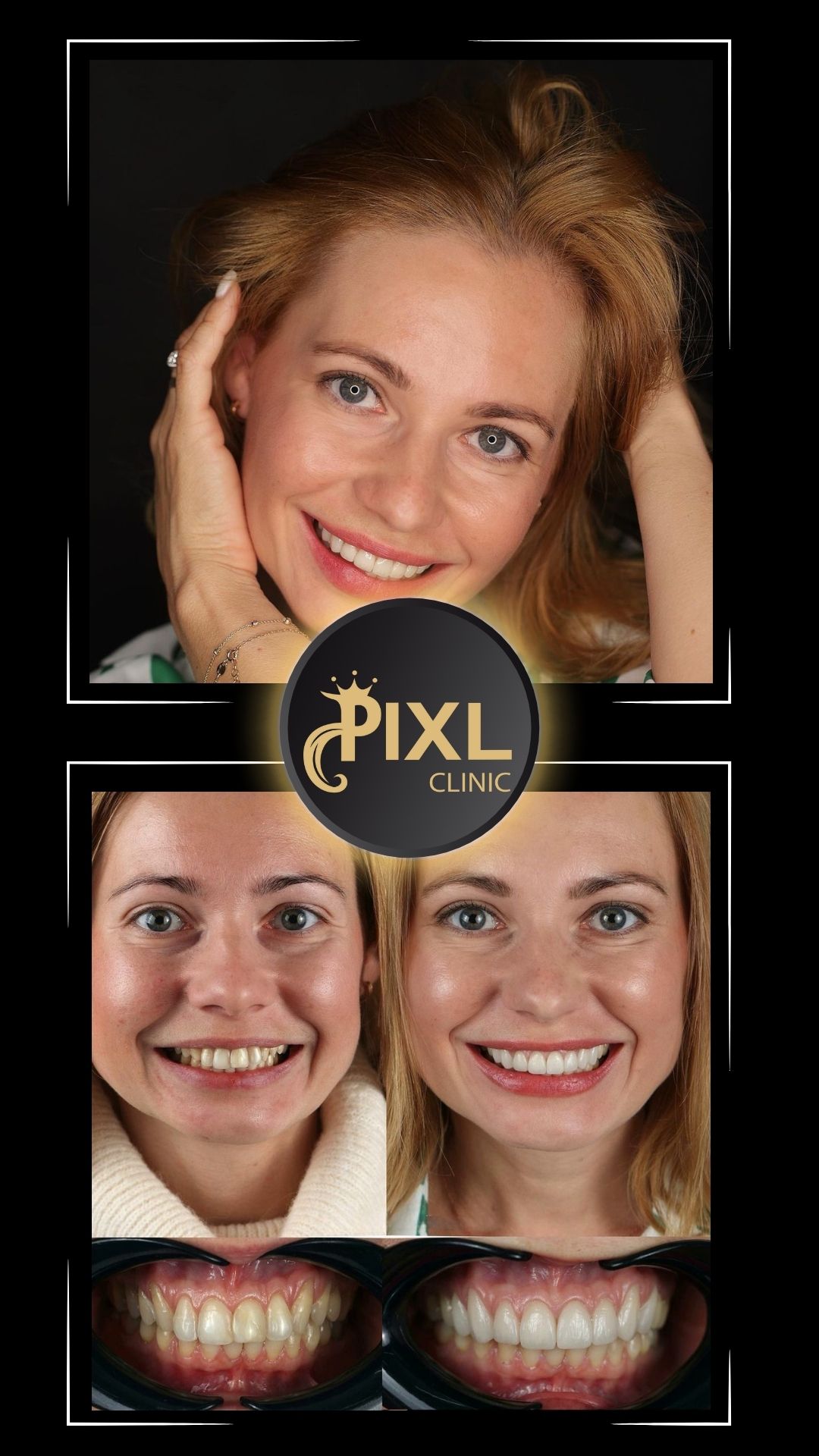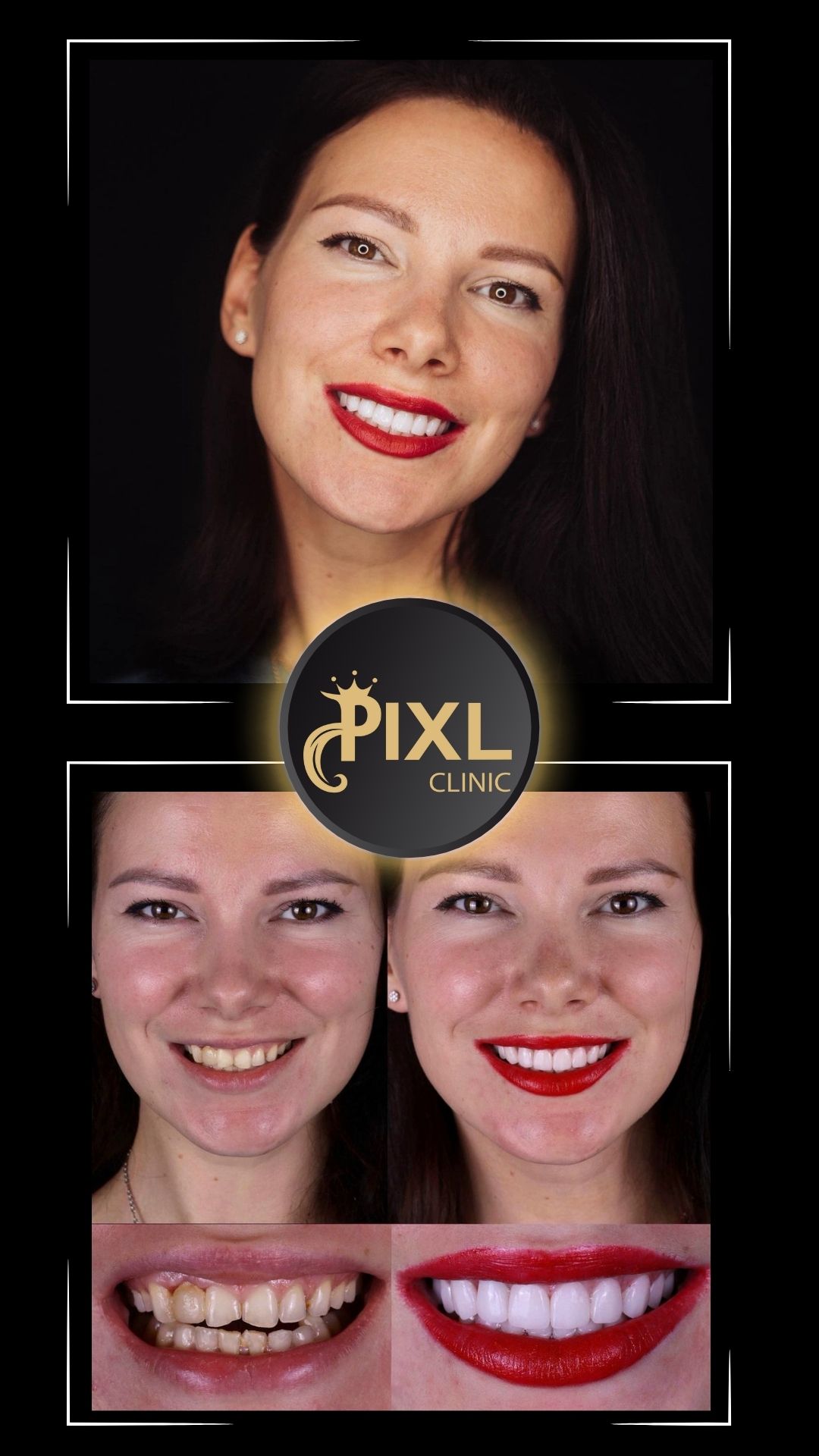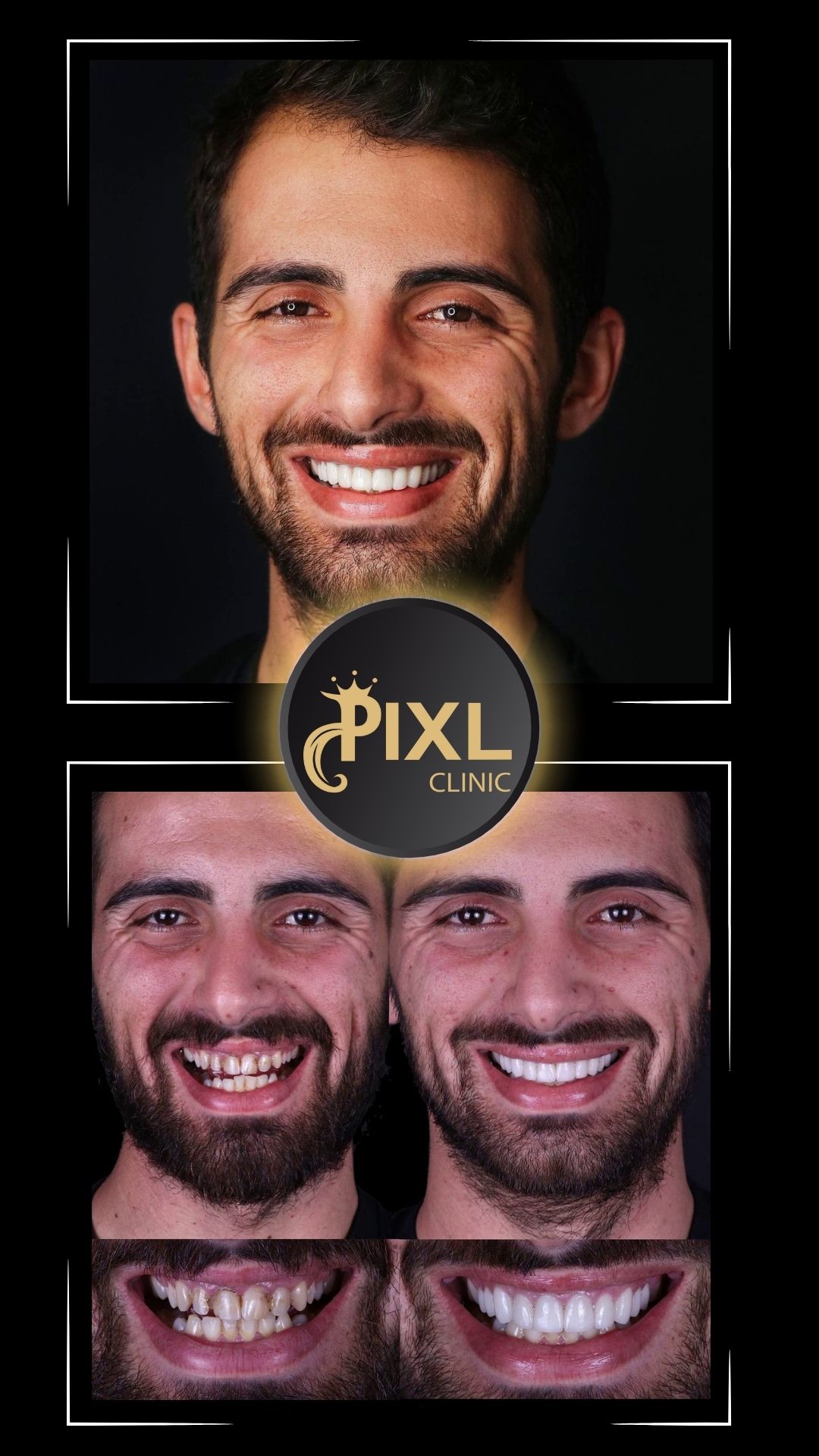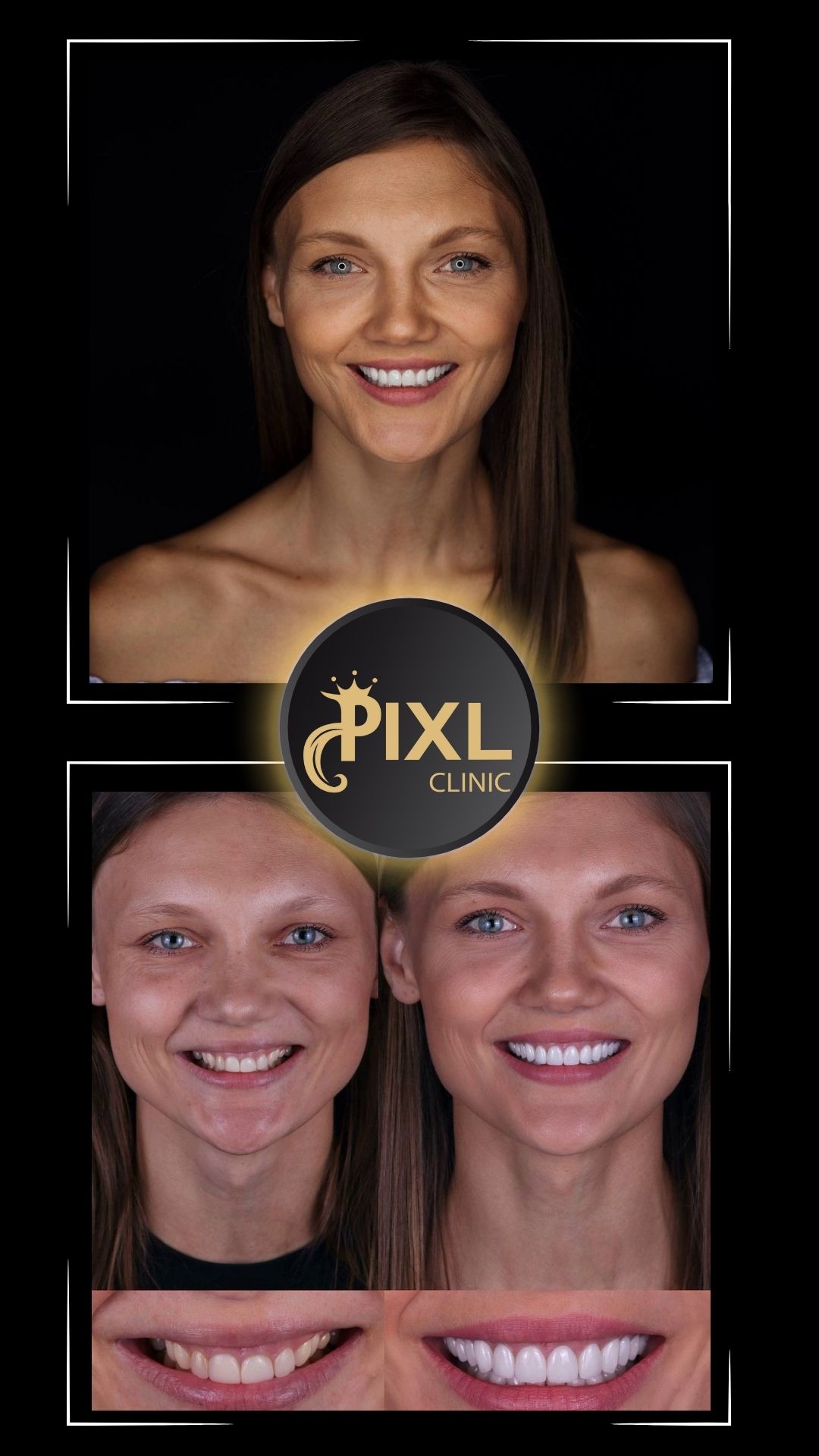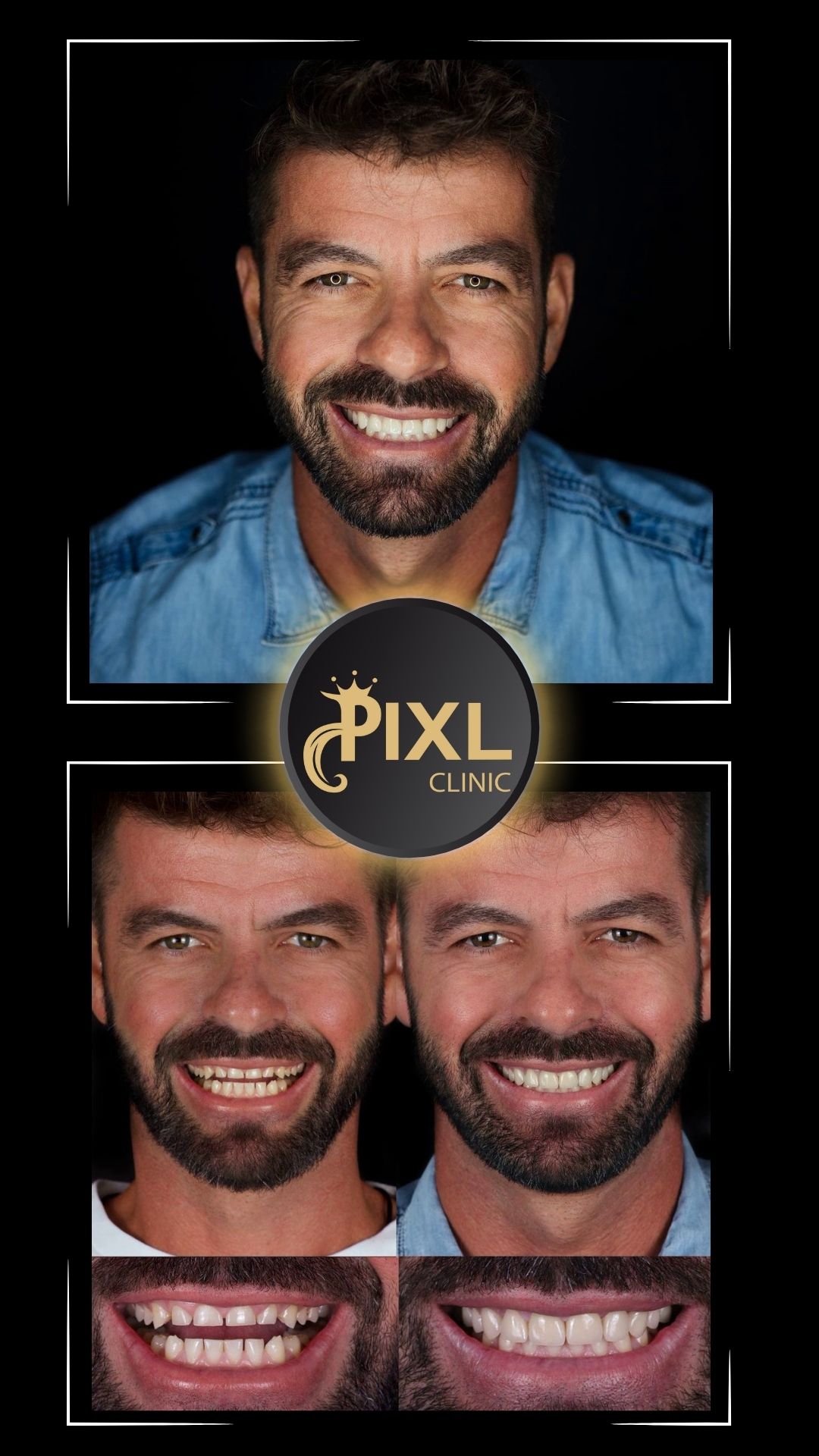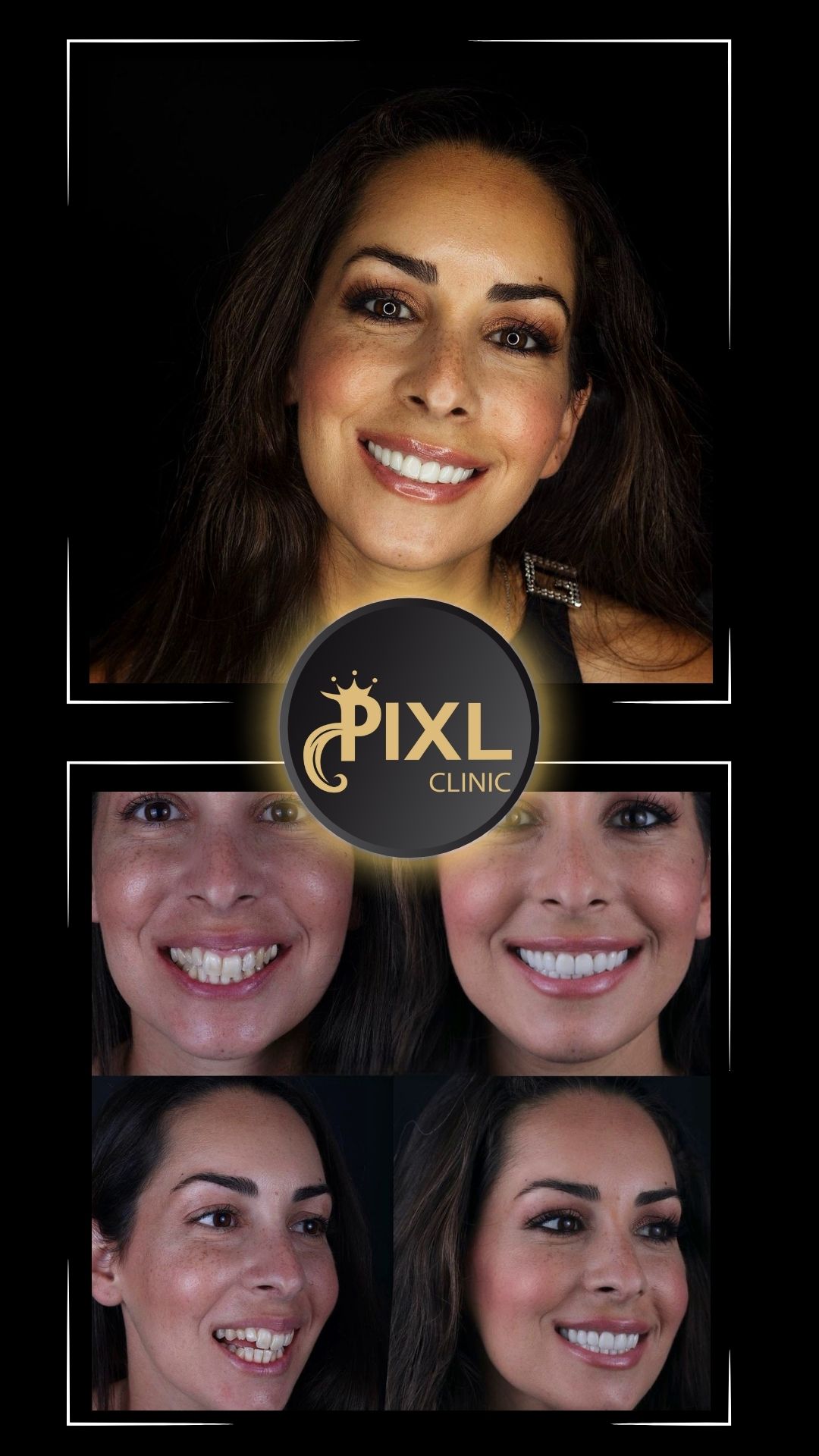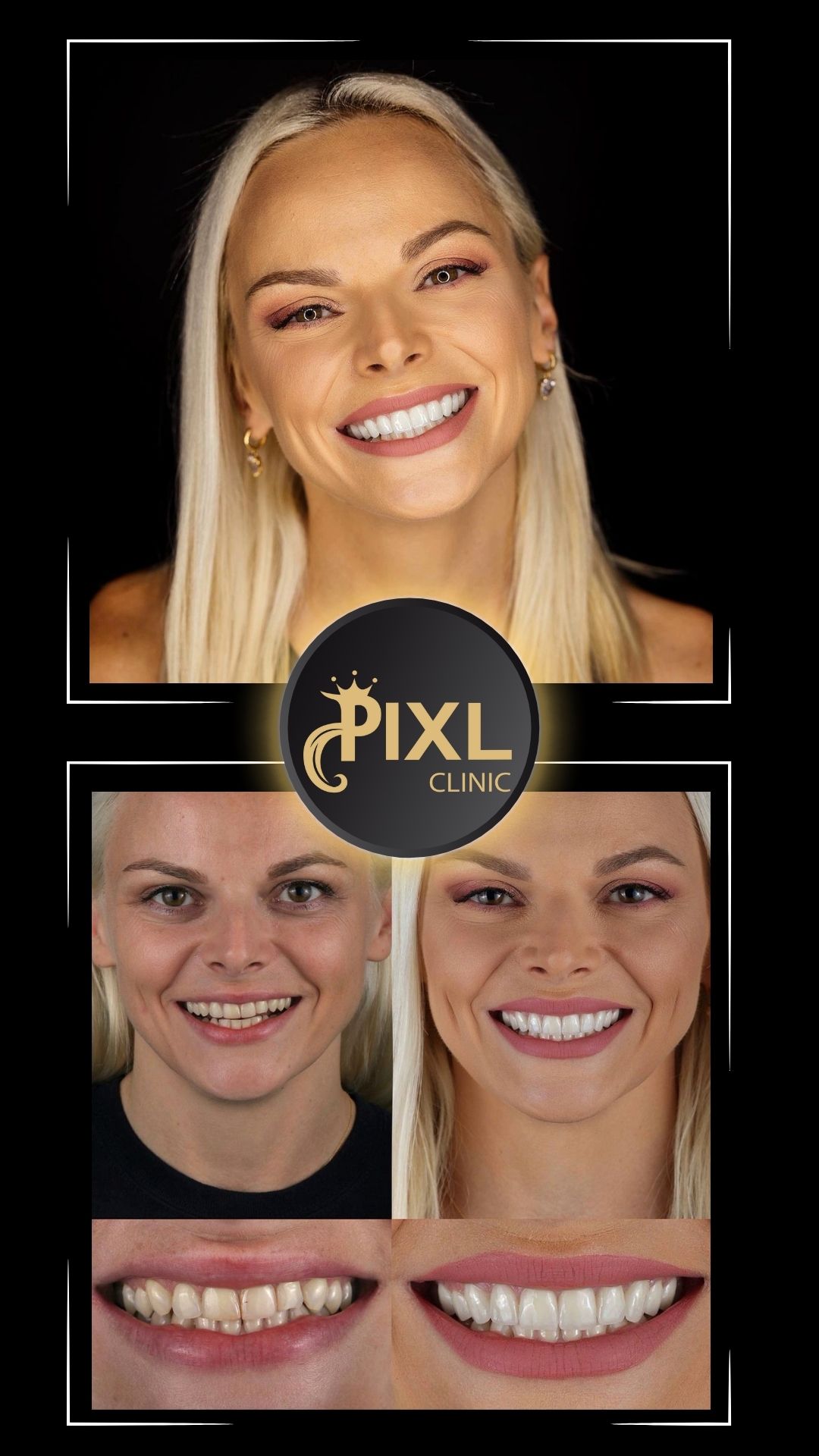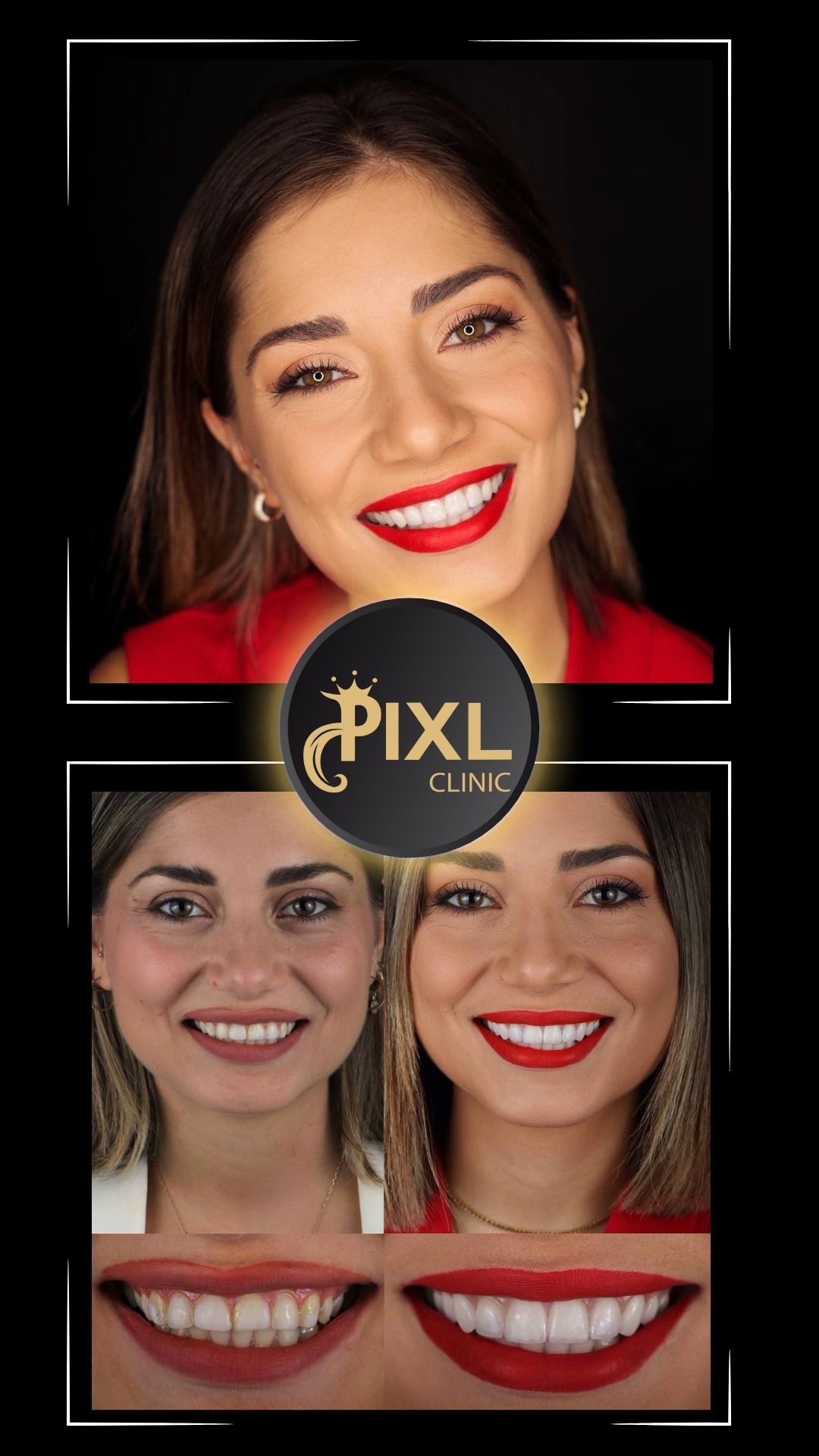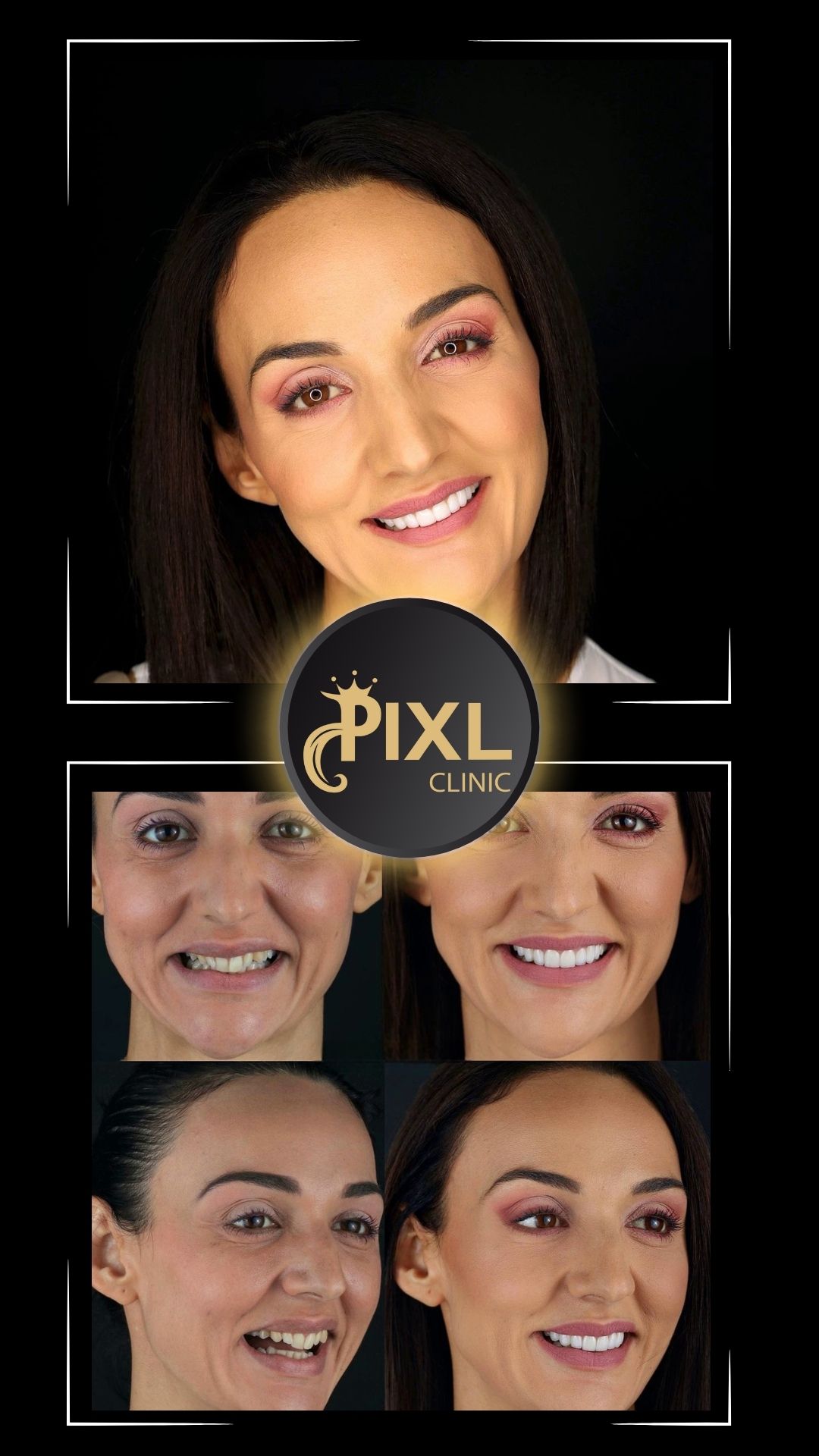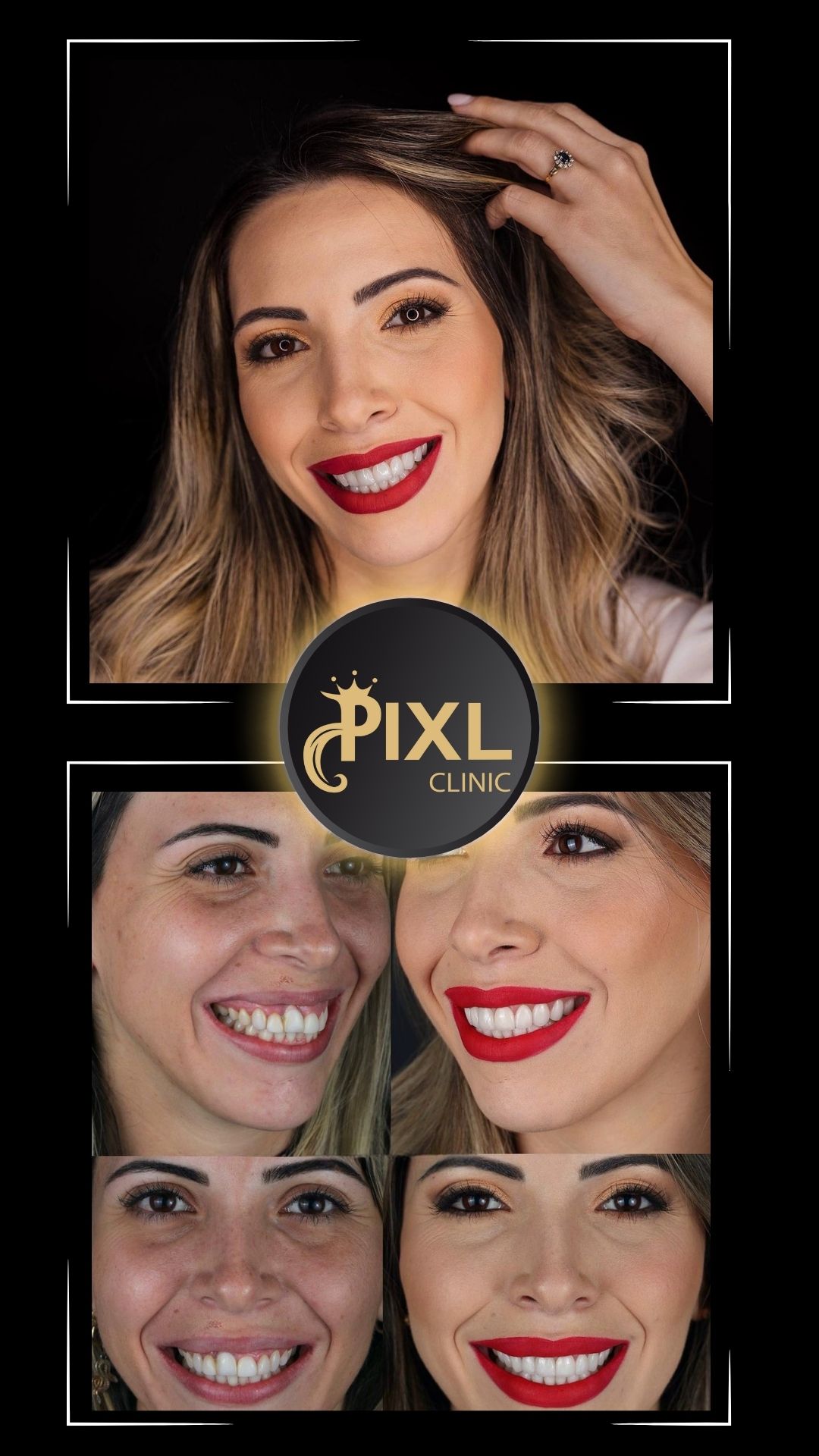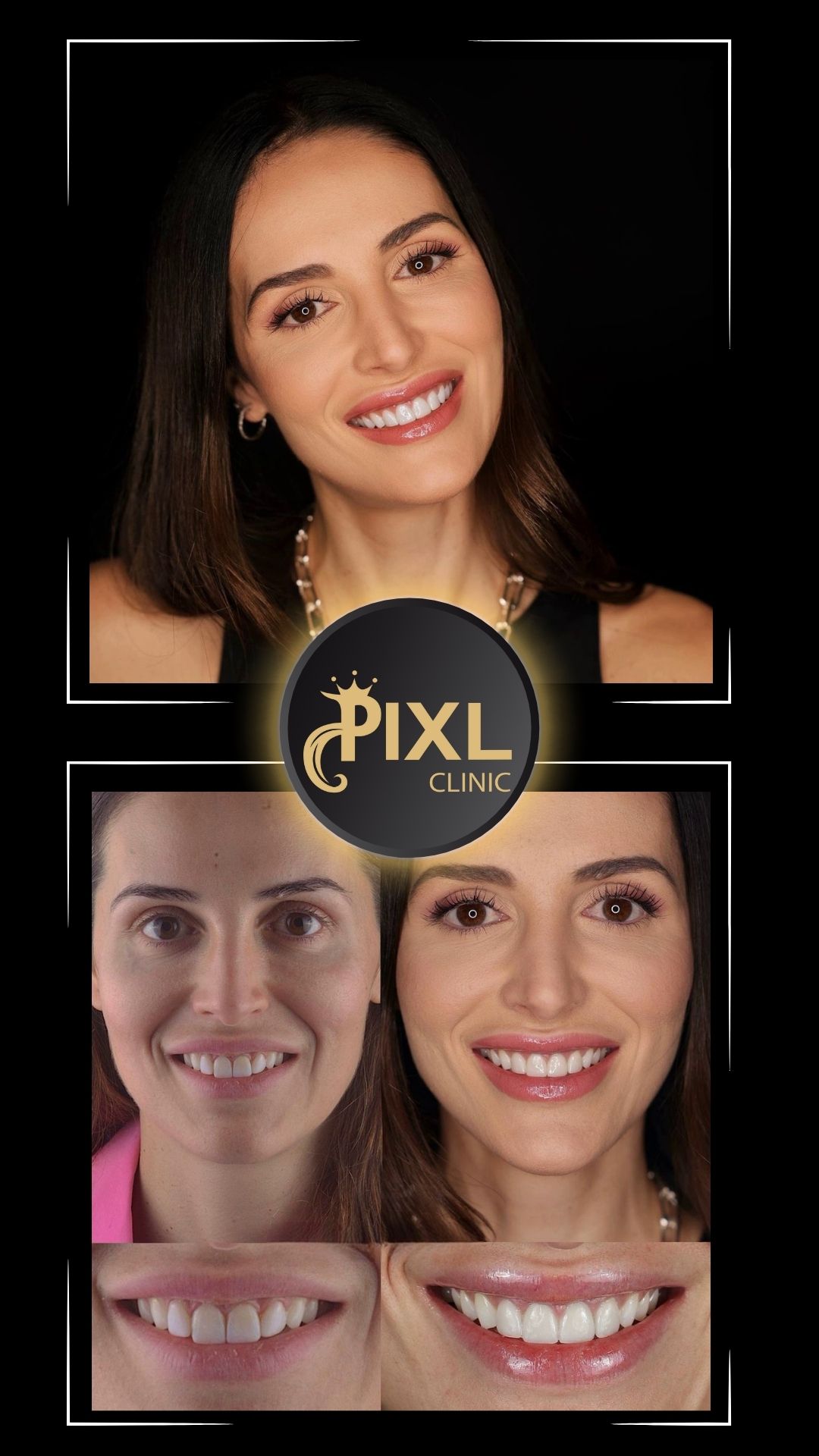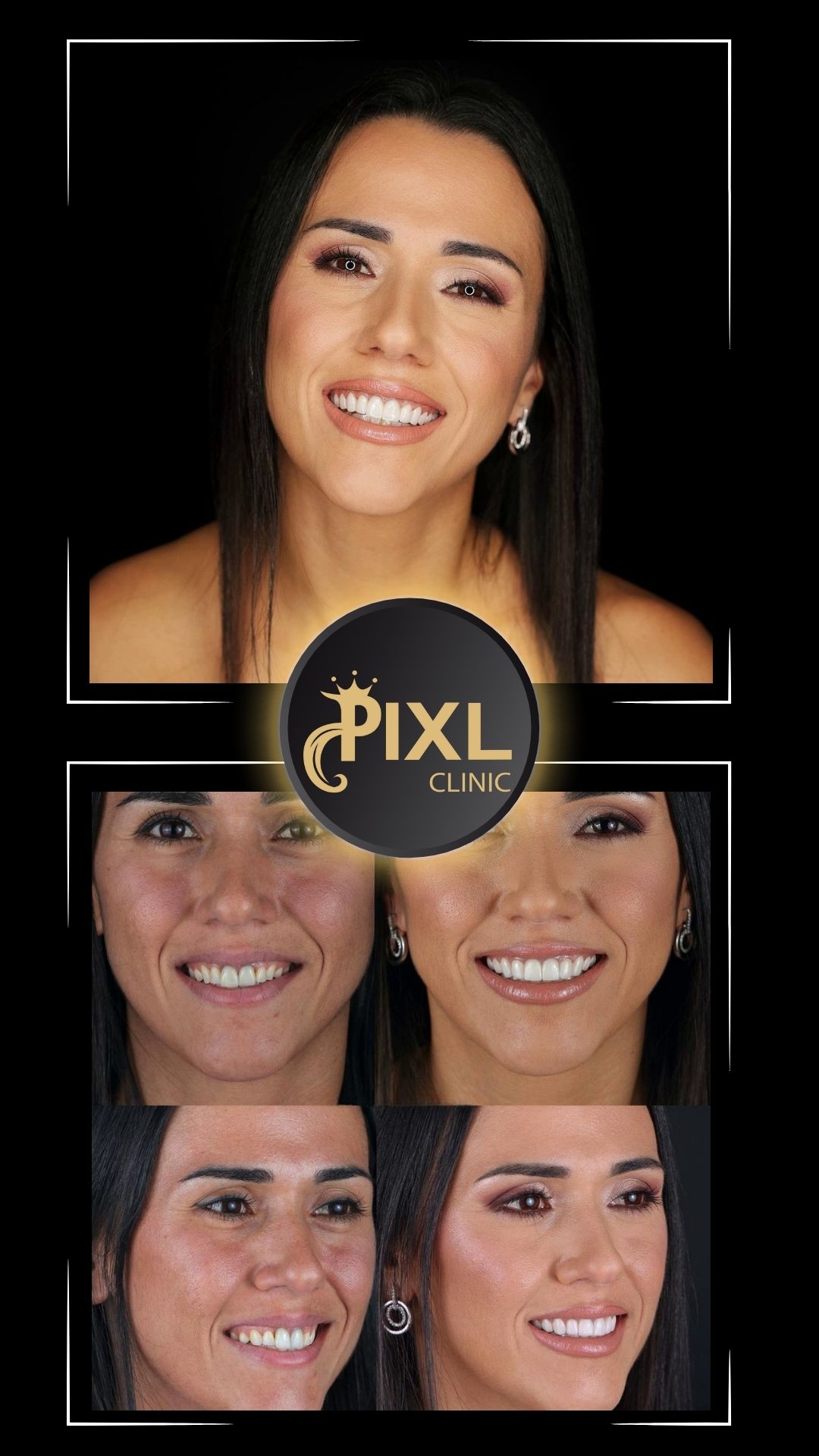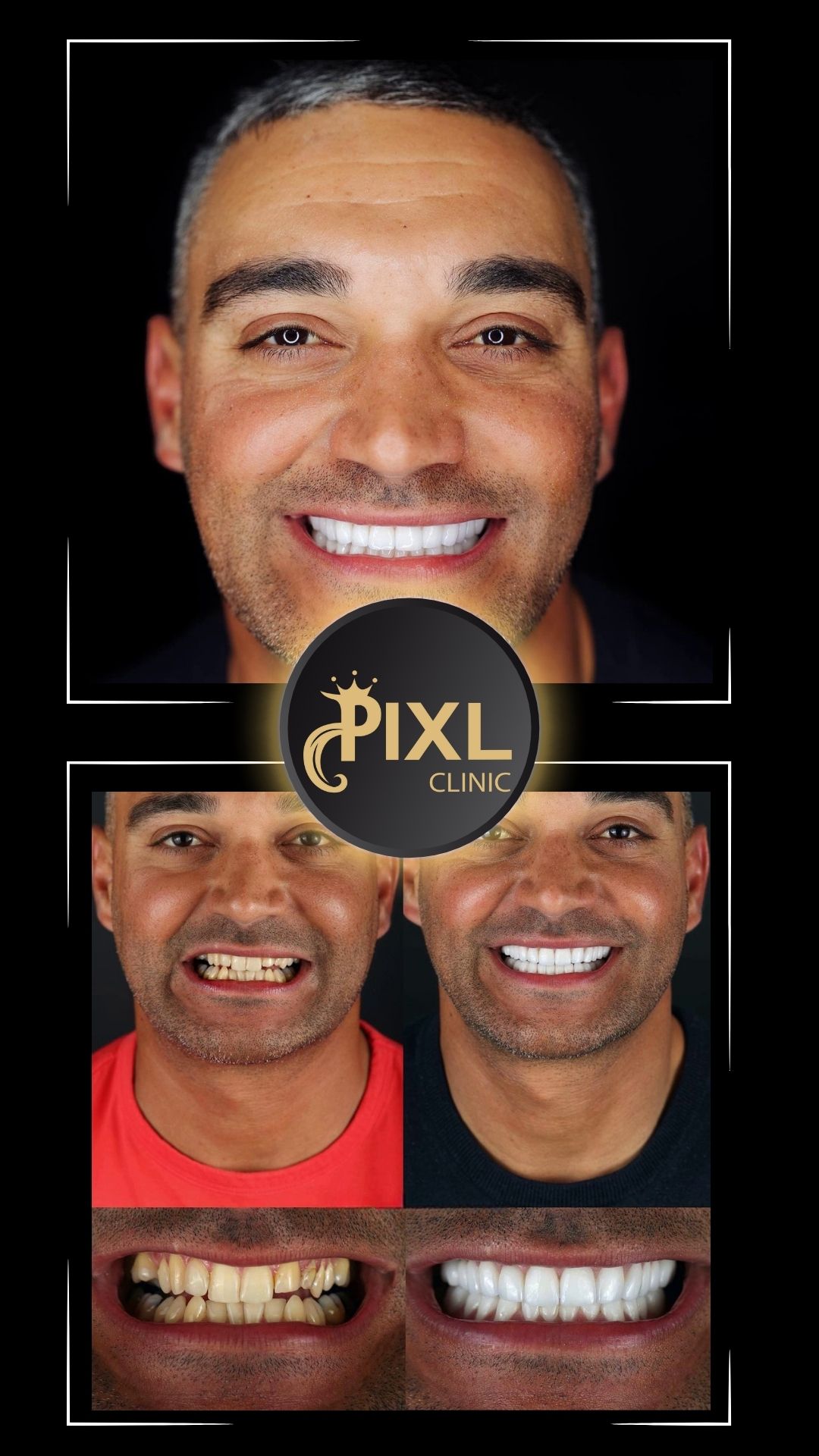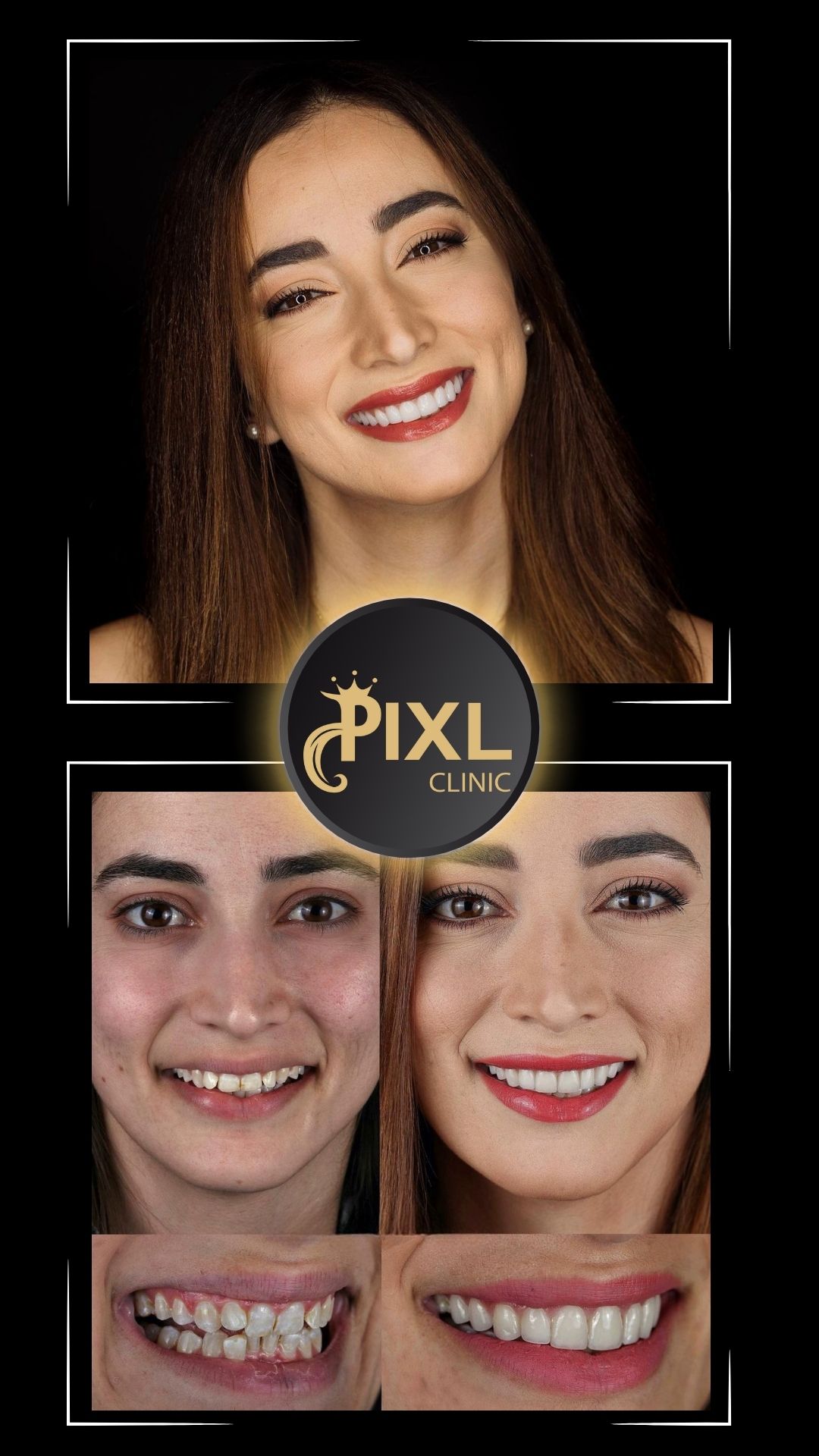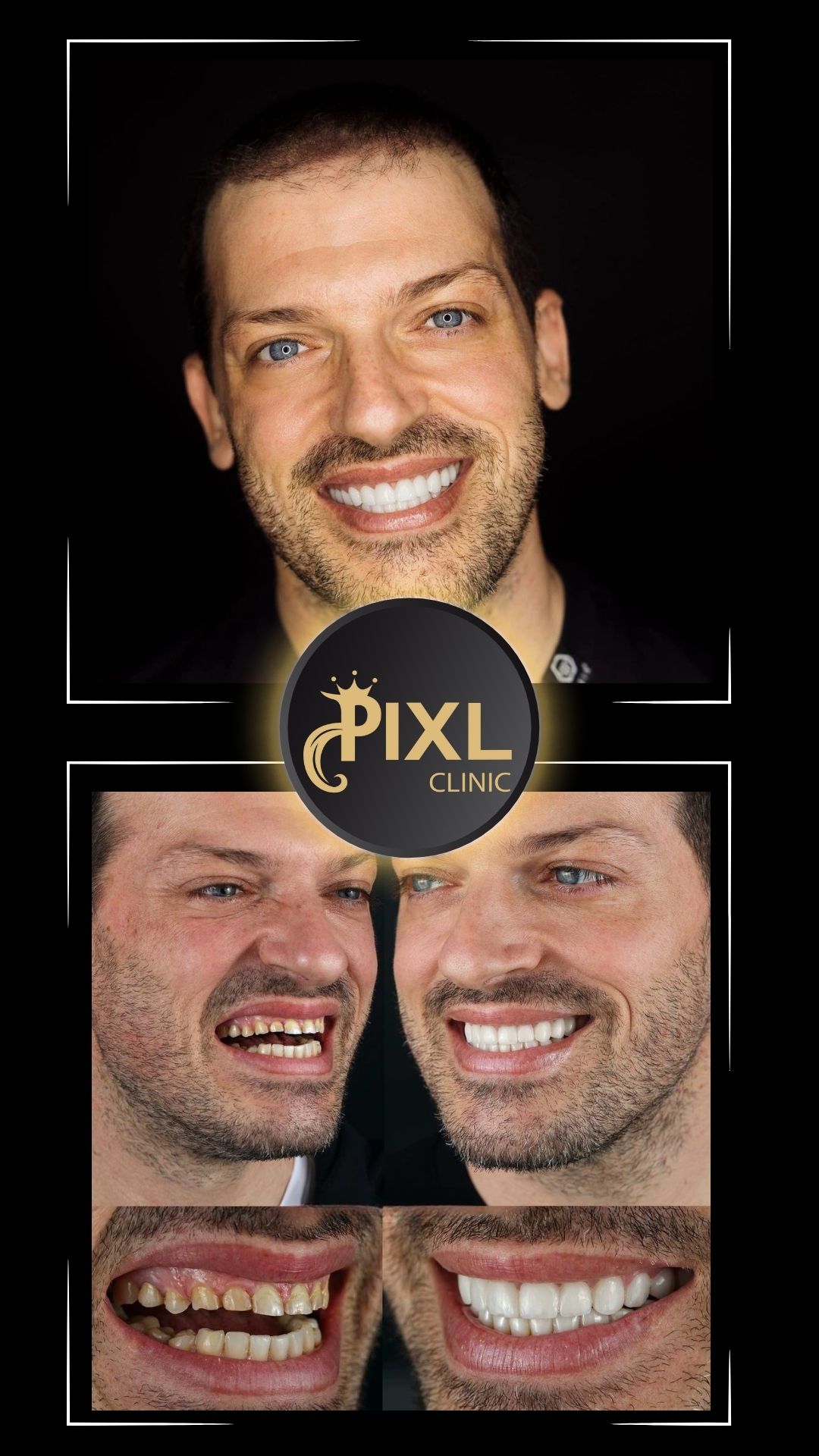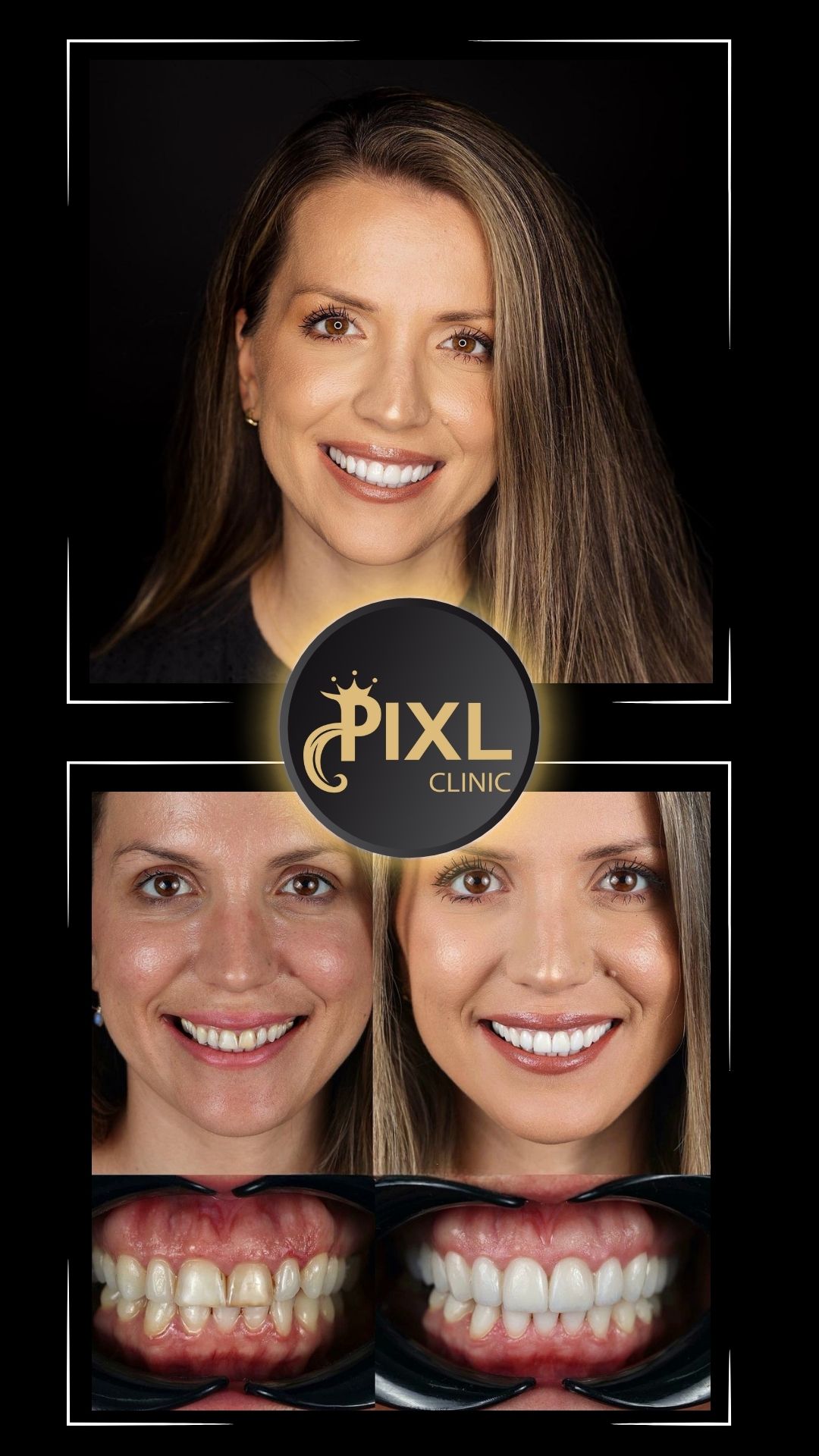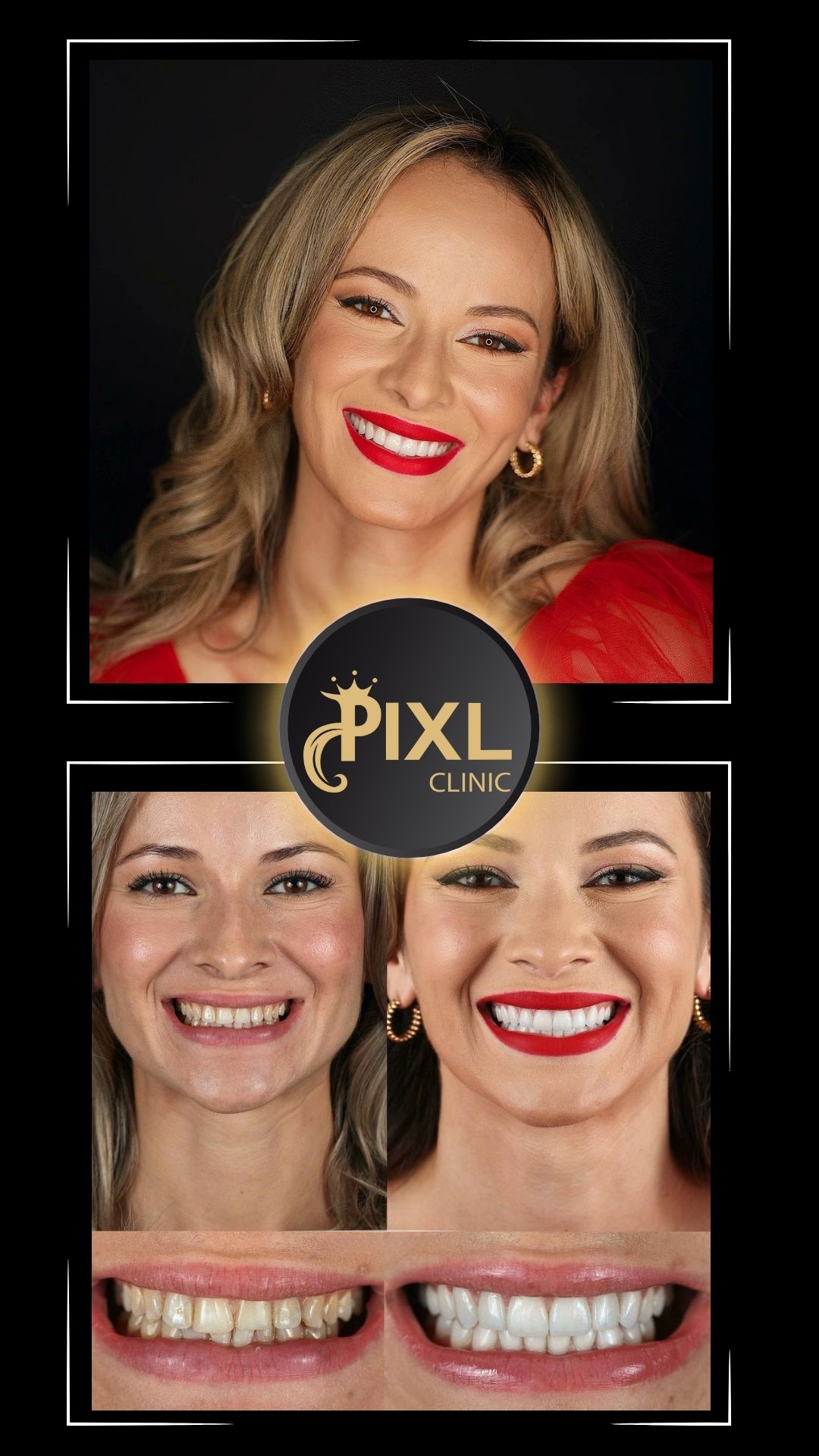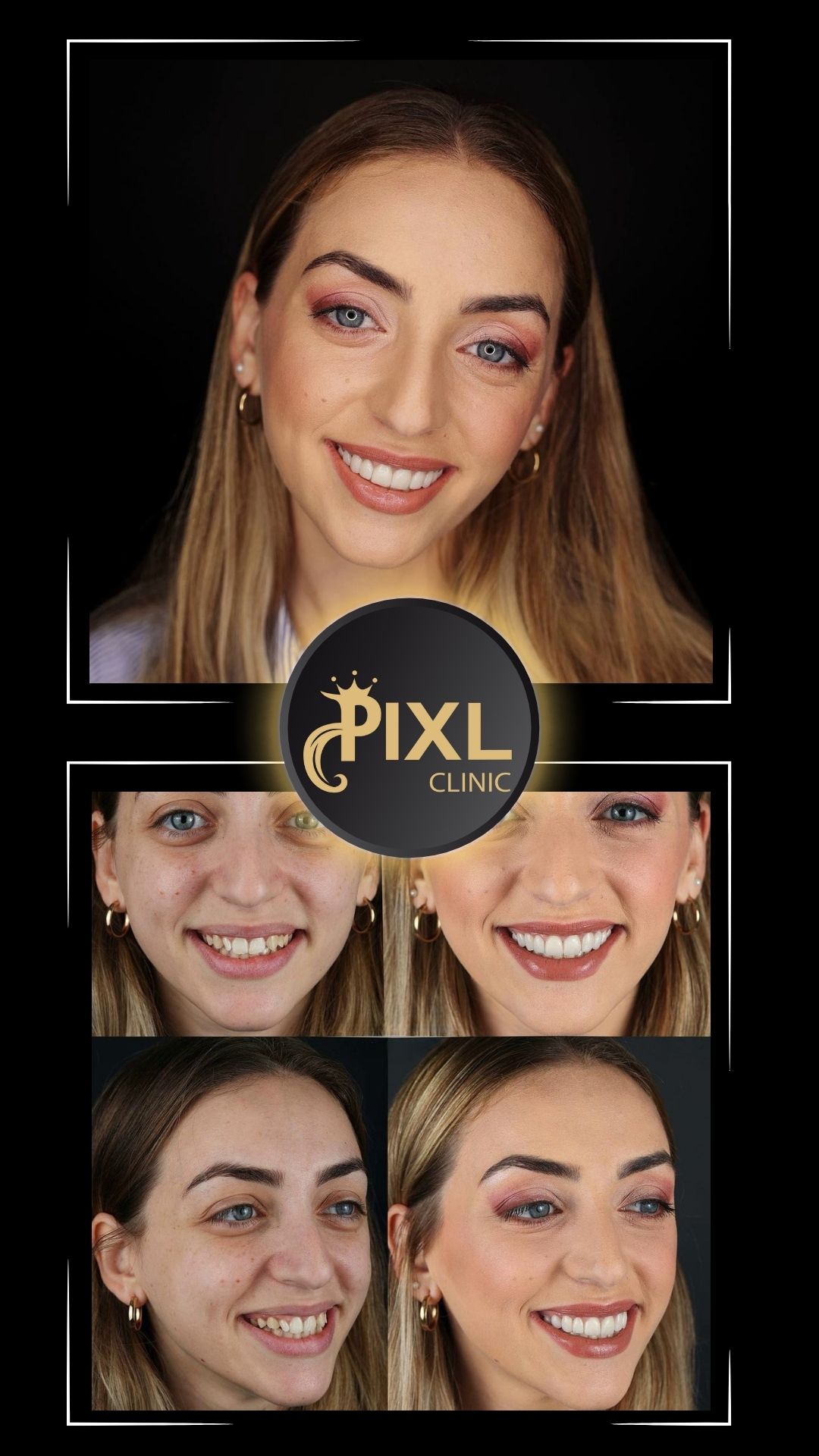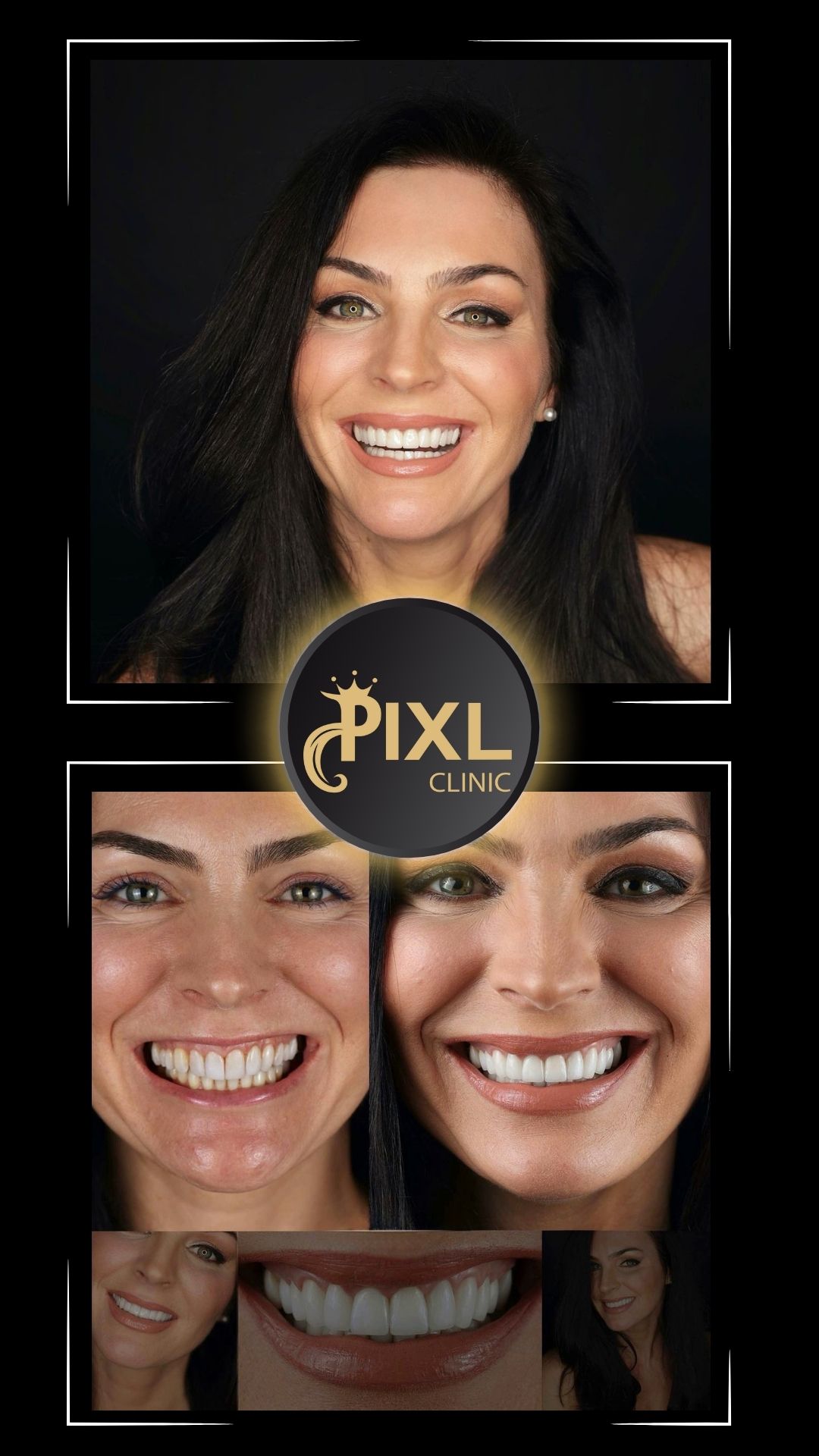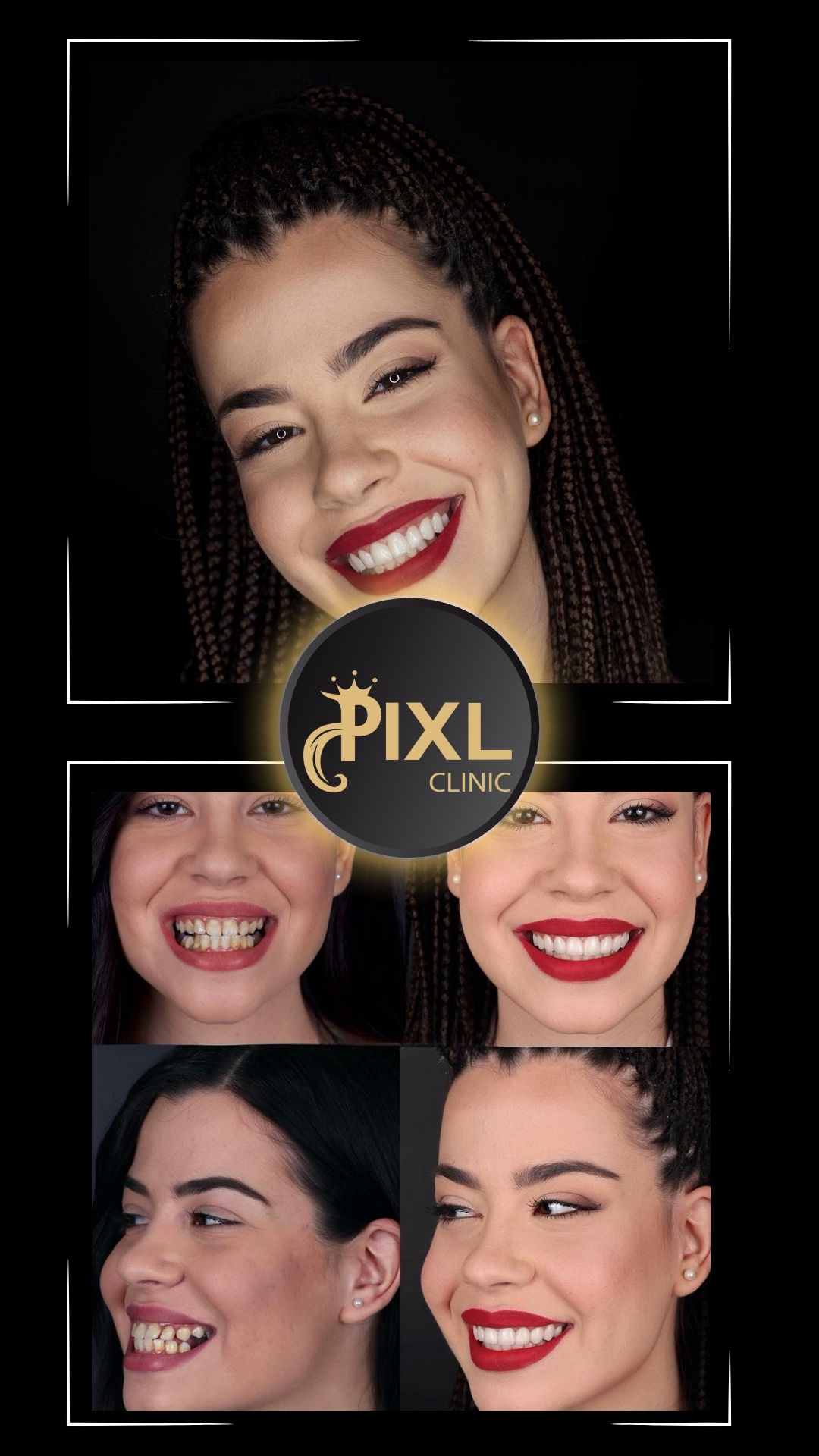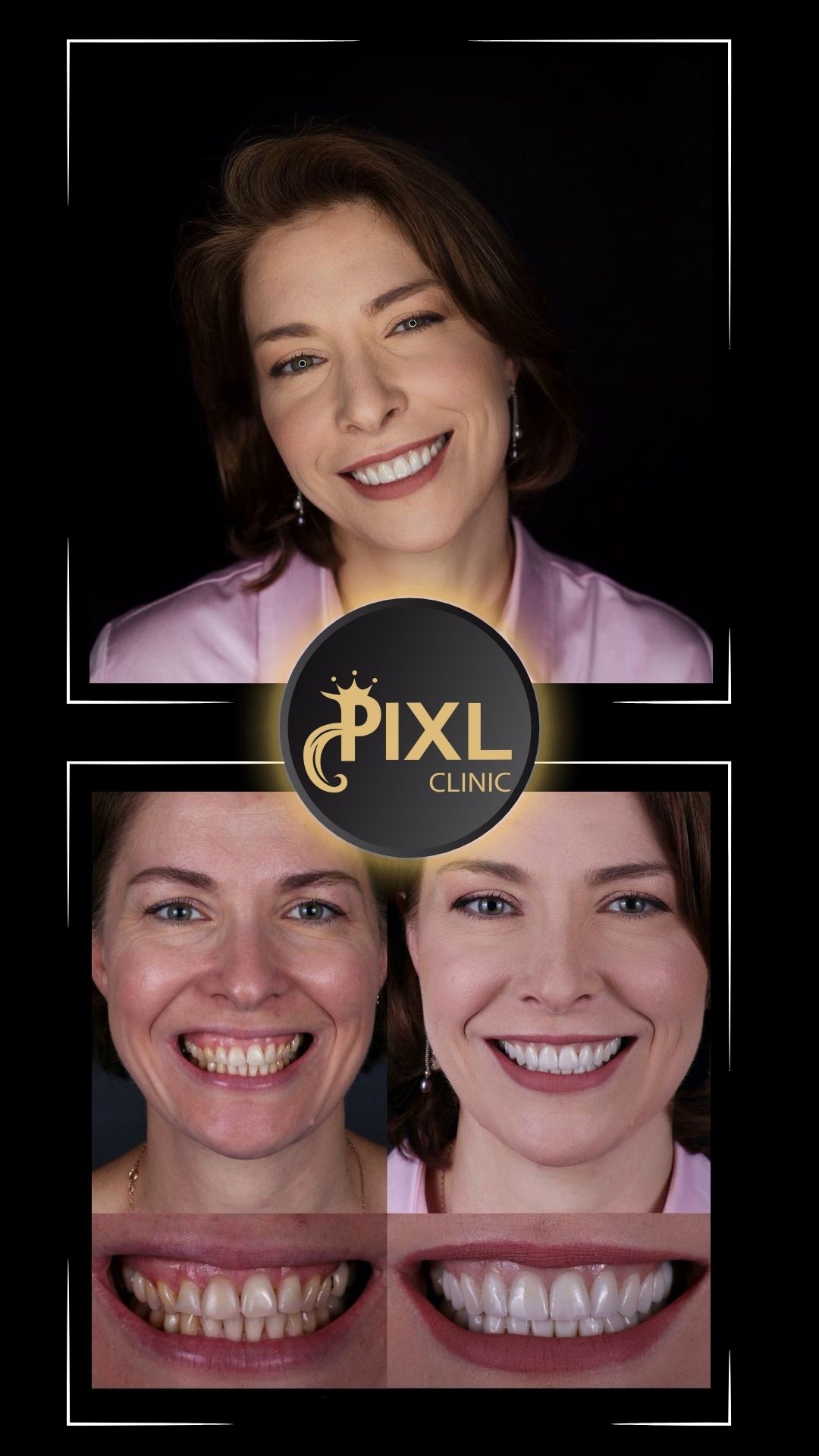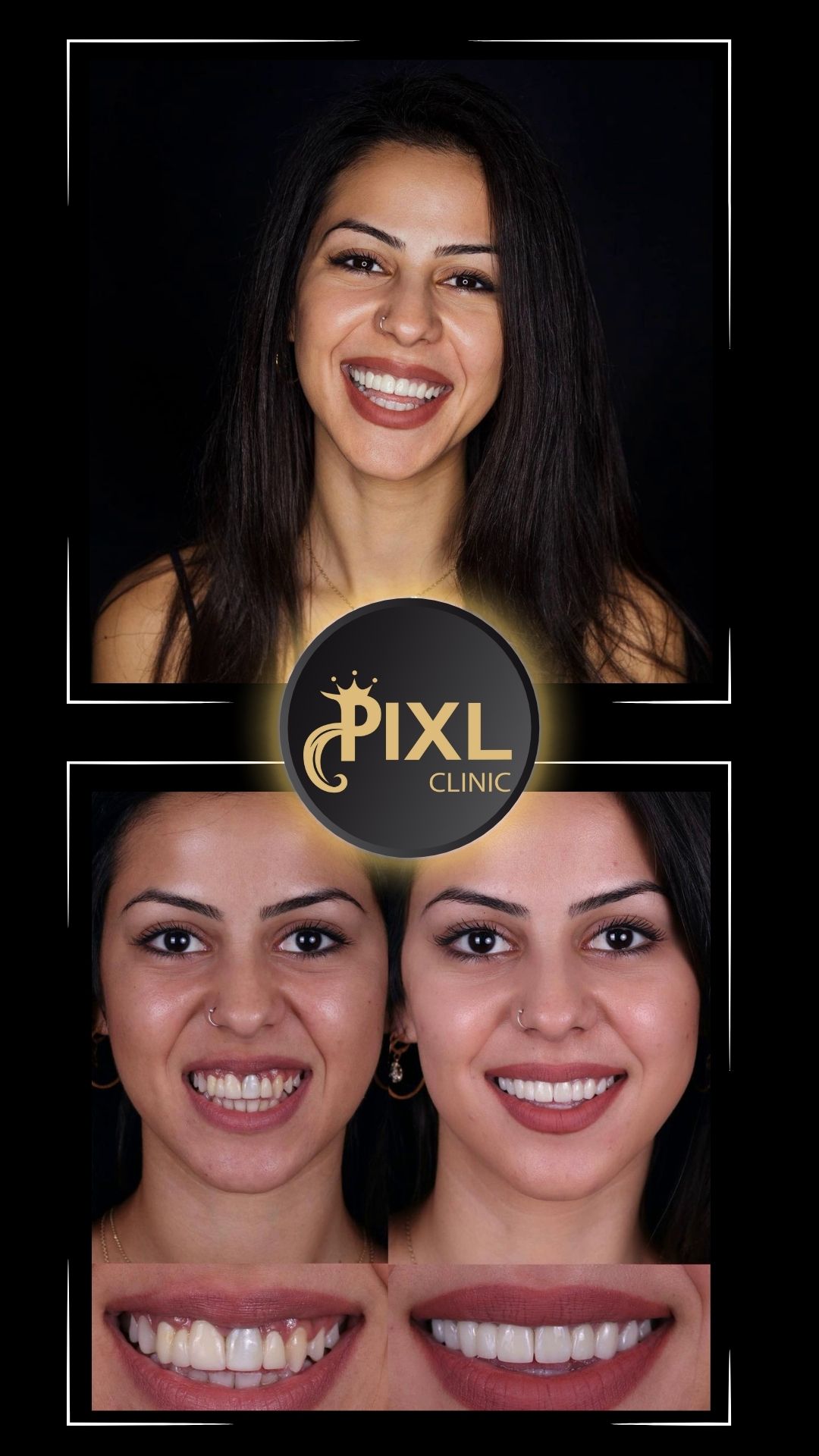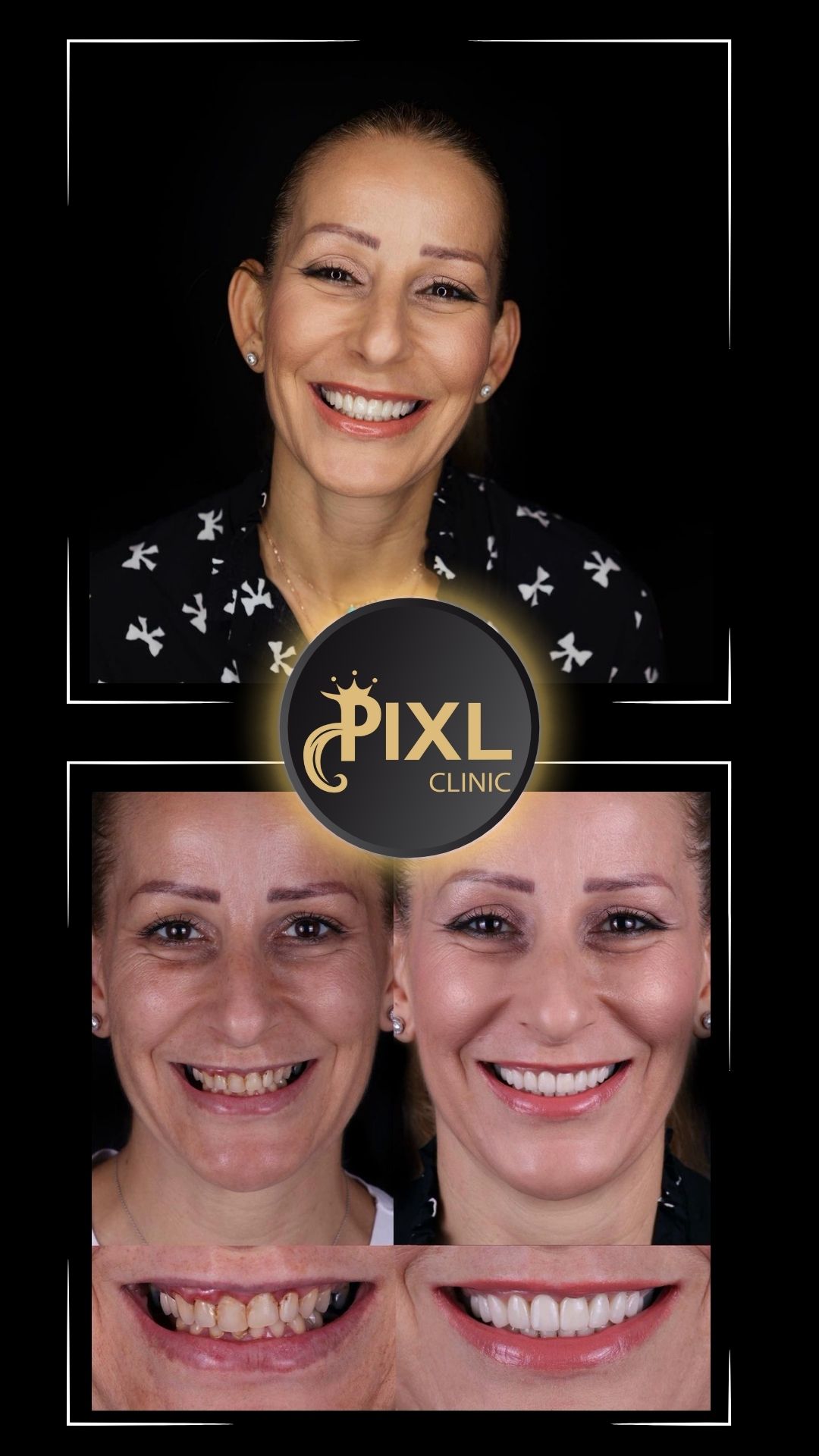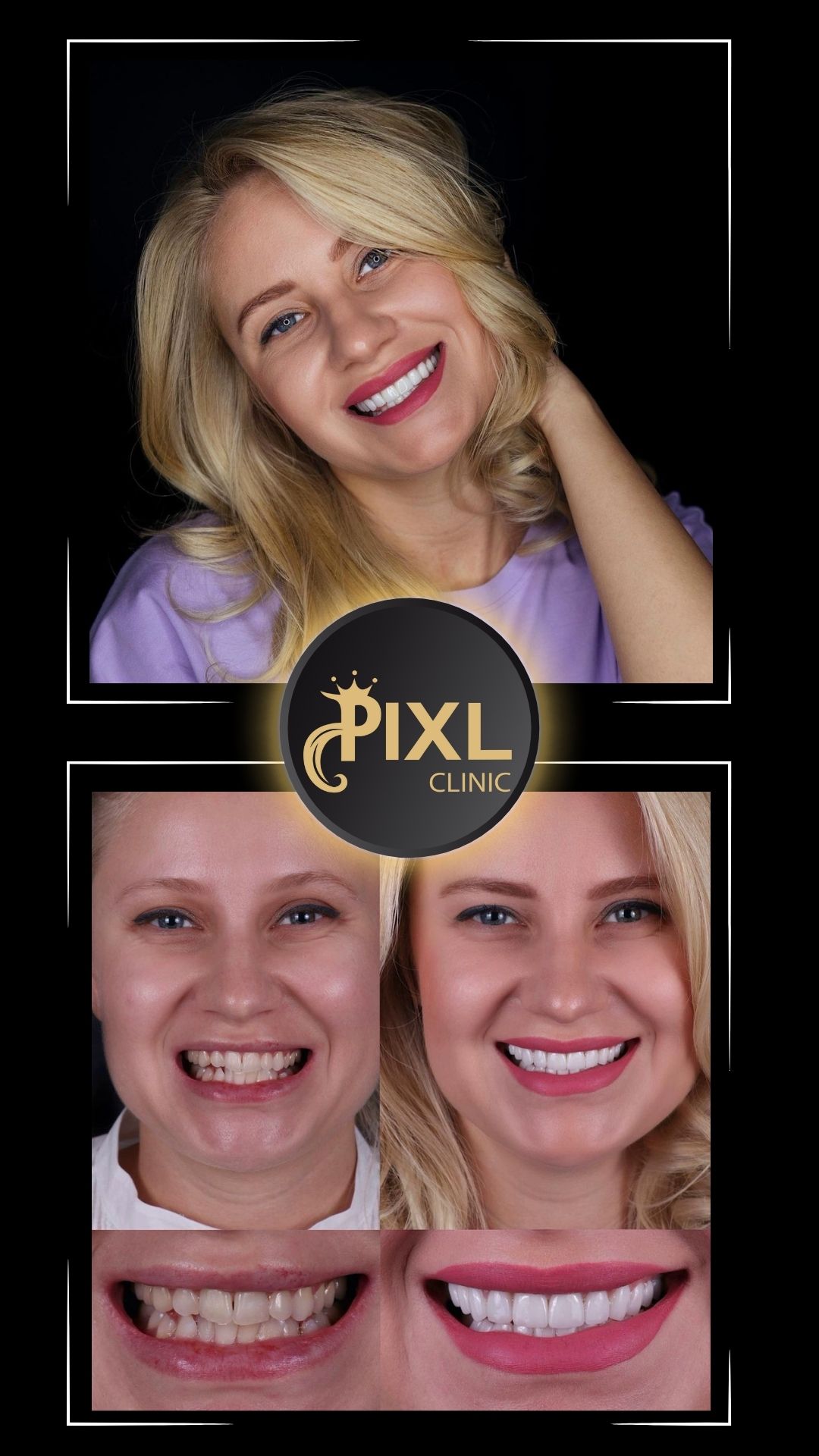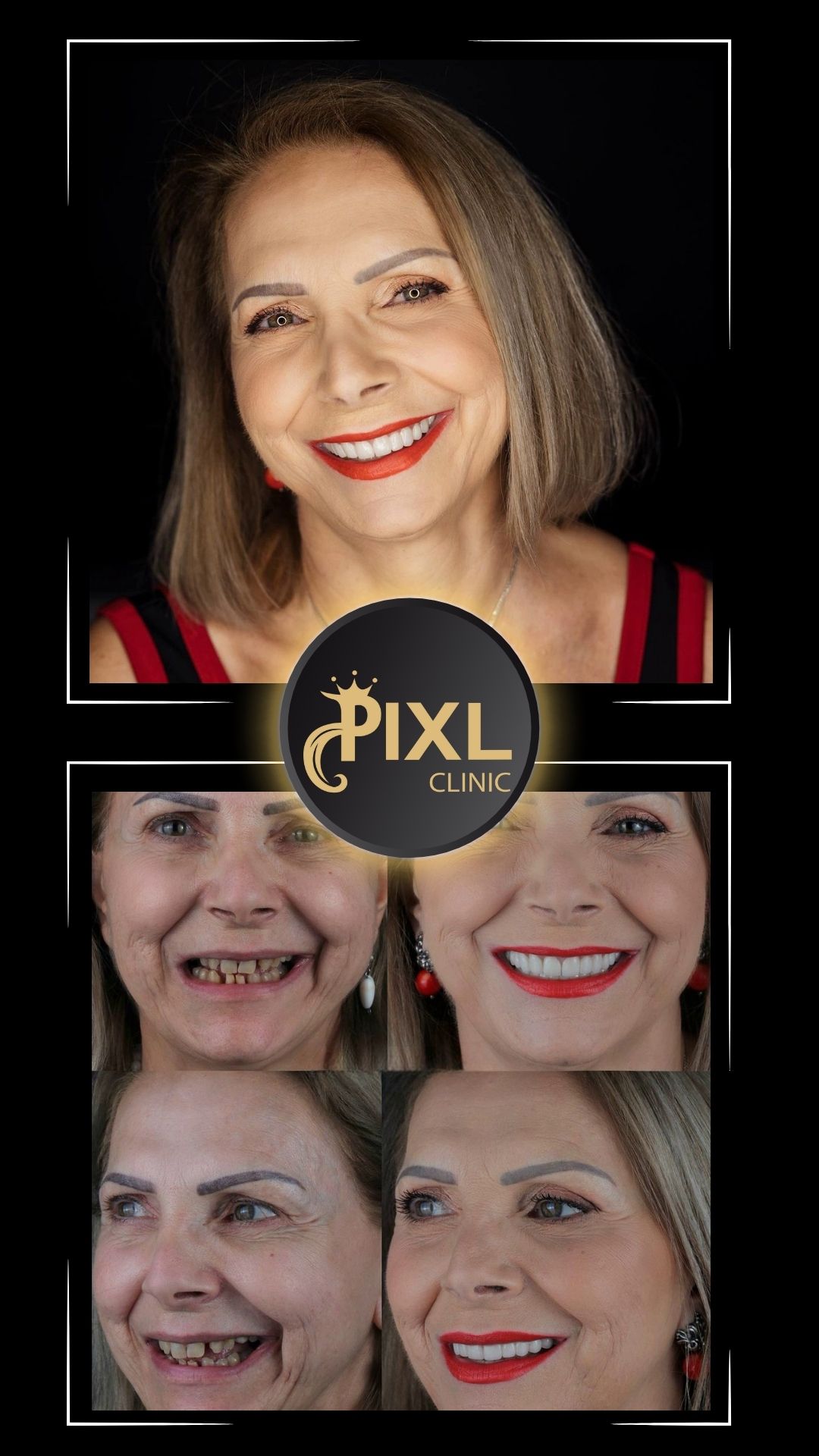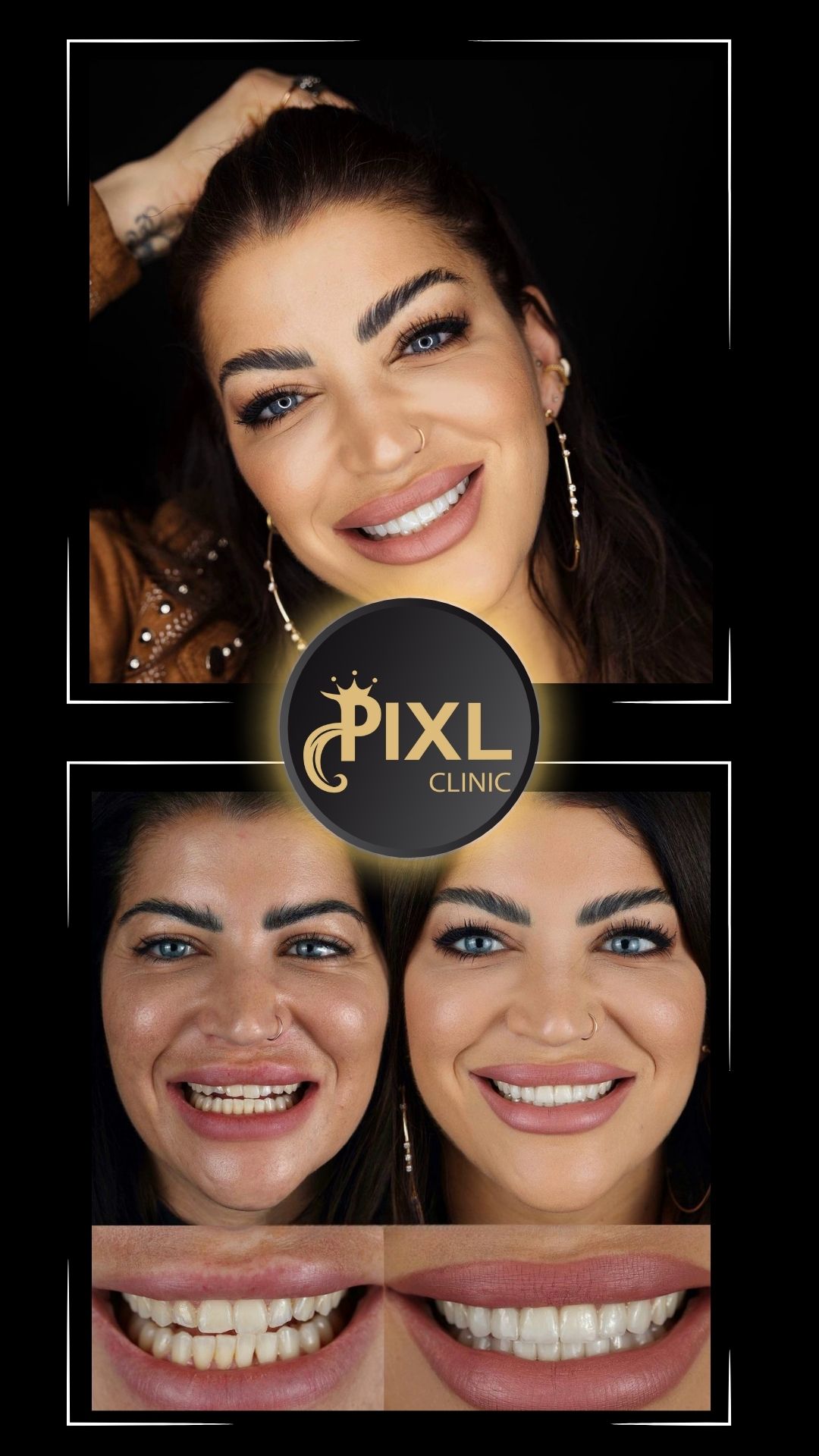Exploring Different Types of Dental Crowns and Their Costs
Dental crowns are a popular and effective solution for restoring damaged teeth, enhancing aesthetics, and ensuring the longevity of dental work. They are versatile and come in various types, each catering to specific needs and preferences. However, choosing the right crown involves understanding the options available and their associated costs. This guide will delve into the different types of dental crowns, their benefits, drawbacks, and approximate costs to help you make an informed decision.
What Are Dental Crowns?
A dental crown is a cap that encases a damaged, decayed, or weakened tooth. It restores the tooth’s size, shape, strength, and appearance. Crowns are typically recommended for:
- Protecting a weakened tooth from breaking.
- Restoring a broken or worn-down tooth.
- Covering a dental implant.
- Supporting a tooth with a large filling.
- Enhancing the appearance of a discolored or misshapen tooth.
Crowns can be made from various materials, each with unique characteristics that affect functionality, aesthetics, durability, and cost.

Types of Dental Crowns
1. Porcelain Crowns
Porcelain crowns are highly popular due to their natural appearance, making them an excellent choice for visible teeth.
- Advantages:
- Mimic the natural color and texture of teeth.
- Non-toxic and biocompatible.
- Ideal for front teeth where aesthetics are a priority.
- Disadvantages:
- Less durable than some other materials.
- Prone to chipping or cracking over time.
2. Ceramic Crowns
Ceramic crowns are similar to porcelain but are made entirely from ceramic materials. They offer excellent aesthetics and are a great choice for those with metal allergies.
- Advantages:
- Highly aesthetic and customizable to match natural teeth.
- Non-allergenic.
- Disadvantages:
- Slightly less durable than metal crowns.
- Can be expensive.
3. Metal Crowns
Metal crowns are incredibly durable and can withstand significant wear and tear. Common metals used include gold, palladium, nickel, or chromium.
- Advantages:
- Extremely strong and long-lasting.
- Require less removal of tooth structure.
- Ideal for molars where strength is more critical than aesthetics.
- Disadvantages:
- Lack of natural appearance.
- Can cause allergic reactions in some individuals.
4. Porcelain-Fused-to-Metal (PFM) Crowns
PFM crowns combine the strength of metal with the aesthetic appeal of porcelain. The inner metal layer provides durability, while the outer porcelain layer mimics natural teeth.
- Advantages:
- Durable and aesthetic.
- Suitable for both front and back teeth.
- Disadvantages:
- May cause a dark line near the gum as the metal underneath becomes visible over time.
- Less biocompatible than all-ceramic crowns.
5. Zirconia Crowns
Zirconia crowns are made from zirconium dioxide, a highly durable ceramic material. They are becoming increasingly popular due to their strength and aesthetics.
- Advantages:
- Highly durable and resistant to wear.
- Natural-looking and customizable.
- Biocompatible and suitable for metal-allergic patients.
- Disadvantages:
- Can be more expensive.
- Requires precise skill for preparation and placement.
6. Composite Resin Crowns
Composite resin crowns are made from a mixture of plastic and fine glass particles. They are less expensive but also less durable compared to other types.
- Advantages:
- Affordable.
- Aesthetic and can blend with natural teeth.
- Disadvantages:
- Prone to wear and staining over time.
- Less durable than ceramic or metal crowns.
7. Temporary Crowns
Temporary crowns are usually made from acrylic or stainless steel and are used while waiting for the permanent crown.
- Advantages:
- Affordable.
- Protect the tooth until the permanent crown is ready.
- Disadvantages:
- Not durable or aesthetic.
- Intended for short-term use.
Factors Influencing Crown Costs
Several factors can influence the cost of dental crowns, including:
- Material used: Metal crowns tend to be more affordable, while ceramic and zirconia are pricier.
- Laboratory fees: Custom crowns made in high-tech dental labs cost more.
- Dentist’s expertise: Experienced specialists may charge higher fees.
- Geographical location: Dental costs vary depending on the region and local cost of living.
- Insurance coverage: Some dental insurance plans may cover part of the cost of crowns, especially if they are medically necessary.
Choosing the Right Crown
The choice of dental crown depends on several factors, including the tooth’s location, your aesthetic preferences, durability requirements, and budget. Consulting with your dentist will help you weigh the pros and cons of each type and determine the best option for your specific needs.
Conclusion
Dental crowns are a significant investment in your oral health and overall well-being. By understanding the various types of crowns and their costs, you can make a well-informed decision that aligns with your needs and budget. Whether you prioritize aesthetics, durability, or affordability, there’s a crown type designed to meet your unique requirements.
Frequently Asked Questions (FAQ) About Dental Crowns
What is a dental crown?
A dental crown is a cap-like restoration placed over a damaged or weakened tooth to restore its shape, size, strength, and appearance. It fully encases the visible portion of the tooth above the gumline.
When do I need a dental crown?
You may need a dental crown in the following situations:
- To protect a weakened tooth from breaking.
- To restore a broken or worn-down tooth.
- To cover a tooth with a large filling when not much natural tooth remains.
- To anchor a dental bridge.
- To enhance the appearance of a misshapen or discolored tooth.
- To cover a dental implant.
What are the different types of dental crowns?
The main types of dental crowns include:
- Porcelain crowns
- Ceramic crowns
- Metal crowns (e.g., gold, palladium)
- Porcelain-fused-to-metal (PFM) crowns
- Zirconia crowns
- Composite resin crowns
- Temporary crowns
Each type has unique benefits and drawbacks based on durability, aesthetics, and cost.
How long do dental crowns last?
The lifespan of a dental crown depends on the material used and how well it is maintained. On average:
- Metal crowns: 10–20+ years
- Porcelain-fused-to-metal crowns: 7–15 years
- Ceramic and zirconia crowns: 10–15 years
- Composite resin crowns: 5–7 years
Good oral hygiene and regular dental check-ups can extend the life of your crown.
Are dental crowns covered by insurance?
Many dental insurance plans cover part of the cost of crowns, especially if they are deemed medically necessary. Coverage varies based on your policy, so it’s best to check with your insurance provider for specific details.
How long does it take to get a dental crown?
Getting a dental crown typically requires two visits:
- First Visit: The tooth is prepared, impressions are taken, and a temporary crown is placed.
- Second Visit: The permanent crown is fitted and cemented.
Some dental offices offer same-day crowns using CAD/CAM technology, which eliminates the need for a second visit.
Is the procedure for getting a crown painful?
The procedure is usually not painful. Your dentist will numb the area with a local anesthetic before preparing the tooth. After the numbing wears off, you may experience mild sensitivity or discomfort, which can be managed with over-the-counter pain relievers.
Can I eat normally with a crown?
Yes, once the permanent crown is in place, you can eat normally. However, it’s wise to avoid hard or sticky foods immediately after the procedure and be cautious with extremely tough foods, as they can damage some types of crowns.
How do I care for my dental crown?
To keep your crown in good condition:
- Brush and floss daily, paying attention to the gumline.
- Avoid biting down on hard objects like ice or pens.
- Use a nightguard if you grind your teeth.
- Visit your dentist regularly for check-ups and cleanings.
Can a dental crown fall off?
While rare, a crown can become loose or fall off due to decay, trauma, or cement failure. If this happens, contact your dentist immediately to have it reattached or replaced.
Are there alternatives to dental crowns?
Yes, depending on your dental needs, alternatives may include:
- Veneers for aesthetic issues.
- Onlays or inlays for less severe damage.
- Dental bonding for minor chips or cracks.
Your dentist will recommend the most suitable option for your condition.
Can I whiten my dental crown?
Dental crowns cannot be whitened with traditional teeth-whitening methods. If you want a brighter smile, discuss your options with your dentist before getting a crown to ensure the shade matches your teeth.
Are there risks associated with dental crowns?
Potential risks include:
- Tooth sensitivity.
- Gum irritation.
- Allergic reactions to materials (rare).
- Chipping or cracking of the crown. Most issues can be addressed by your dentist with proper care and timely intervention.
How do I choose the right crown for my needs?
The right crown depends on factors like:
- The location of the tooth.
- Your budget.
- Aesthetic preferences.
- Durability requirements. Discuss your options with your dentist to determine the best choice for your specific situation.

